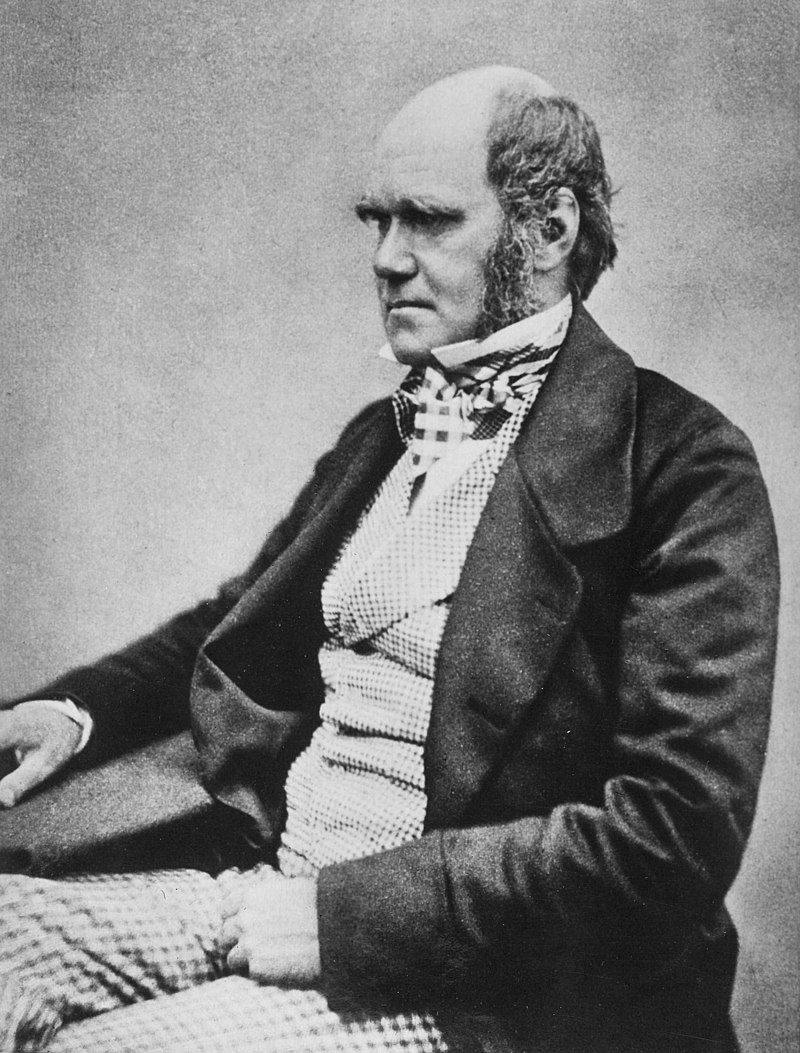A neurologist attempts the hopeless task of distinguishing between skeptics and deniers. (Anyone who believes their lyin’ eyes instead of an approved tale is bound to be a denier in some circles.) Along the way, he takes on evolution (of course). But instead of telling us that all evolutionary biologists approve the Modern Synthesis (updated Darwinism), he says something interesting:
For example, let’s take evolutionary theory. There is almost unanimous consensus (>98%) among experts that evolution happened, that all living things on Earth are related through a nestled hierarchy of common descent. Further, the evidence for that conclusion is overwhelming and cannot be reasonably denied. Further still, there is no alternative scientific hypothesis that can account for that mountain of evidence (note the word “scientific” in that sentence). But the same is not true of all aspects of evolutionary theory. That natural selection is a main driving force of evolutionary change is also well established, but there is still legitimate debate about the role and magnitude of other factors, such as genetic drift. When we drill down to details about which species evolved into which other species and when, drawing a precise tree of evolutionary relationships, then there is considerable debate and much that is unknown.Steven Novella, “Skeptic vs. Denier” at Neurologica Blog
Well, that’s putting it mildly for sure. That is probably as much of the mess as Novella can acknowledge. But he doesn’t even mention Darwinism, much less demand assent.
If we are going to talk about “considerable debate” and “much that is unknown,” let’s consider the way underlying Darwinian fundamentalism skews discussion. We’ve touched on a few such issues recently. To name just two:
A large proportion of the life forms that have ever existed is extinct. Yet, by way of explaining odd discoveries, like cannibalism of nestlings, researchers will tell us that it is somehow “adaptive.” Some have even worked out a mathematical formula for how that is so.
Maybe. The overwhelming presumption of explicitly Darwinian mechanisms prevents us from considering: Maybe it’s not adaptive. Maybe in 50k years, this species will be extirpated from this region and at some point, nest cannibalism will be the tipping point.
Do we know? No, we don’t. But we do know that extinction happens. And seeing every strange behavior as adaptive is a blip in thinking produced by default Darwinian assumptions. Agnosticism on the subject of nest cannibalism would be wiser until more is known.
Then there is the weird habit of attributing impossible thought processes to animals who are supposedly thinking in Darwinian terms about how to ensure the survival of their selfish genes. For example, the mares who supposedly cause an abortion because they perceive that the stallion will not accept another stallion’s offspring. The mare presumably knows all this and can act on it—even though she cannot otherwise perform the simplest reasoning tasks.
And there’s the Darwinbird of pop science who “is optimising the likelihood of her offspring mating and rearing young (so ensuring the continuation of her genes into future generations)” by controlling the sex of her offspring: “There is some evidence she can bias the sex ratio by controlling hormones, particularly progesterone.”
So we are really to believe that a bird who is too stupid to evade a giant wind turbine is planning her offspring’s future? Does “science-based thinking” really require that of us?
Maybe if all the Darwin noise dies down, we will have a clearer idea of how the ecology — in which any evolution must occur — actually works.
See also: Birds Are Found To Plan Like Humans For Their Offsprings’ Future
Follow UD News at Twitter!
